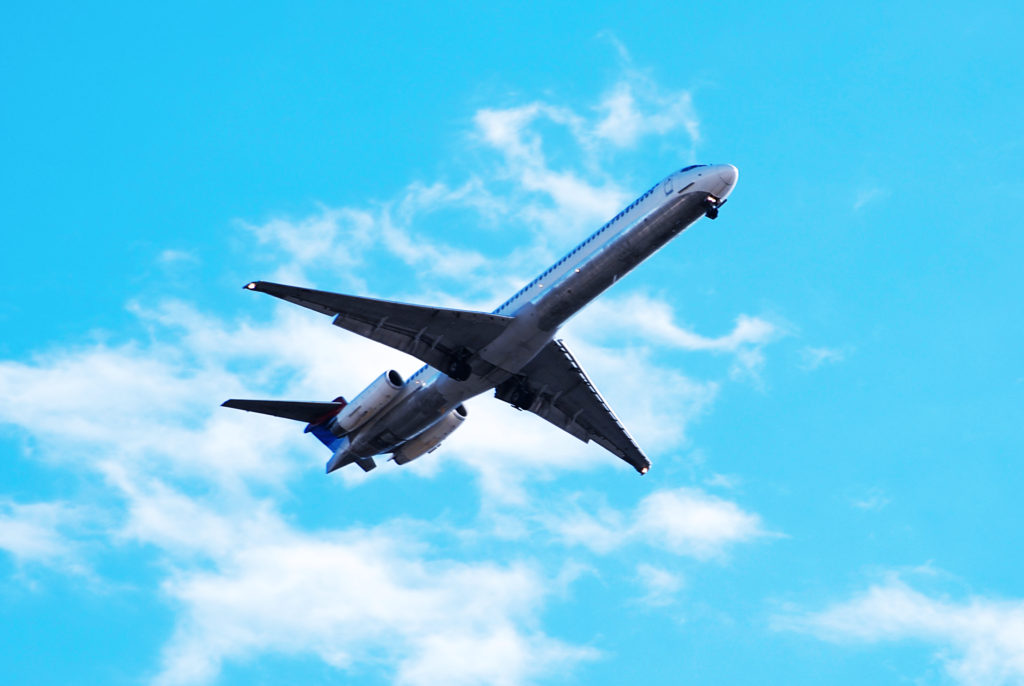
One step closer to sustainable aviation fuels?
Today, a new study on pathways towards sustainable production of aviation fuel was released. Nordic GTL – a pre-feasibility study on sustainable aviation fuel from biogas, hydrogen, and CO2. The purpose…
Today, a new study on pathways towards sustainable production of aviation fuel was released. Nordic GTL – a pre-feasibility study on sustainable aviation fuel from biogas, hydrogen, and CO2.
The purpose of this pre-feasibility study was to identify technological pathways and processes for producing sustainable aviation fuel based on renewable feedstocks of biogas, bio-methane, electro-methane, hydrogen and CO2 and to make a preliminary assessment of their feasibility including their economic/commercial viability. The ability to integrate methane, CO2, electricity, and hydrogen in one supply chain is a key feature of this pathway. By using flue gas CO2 and atmospheric CO2 as feedstocks, it makes the pathway a sustainable and scalable solution. Since this process is based on biogas and CO2, the jet fuels will be close to CO2 neutral.
A benefit of the proposed pathway is that it builds on a backbone of existing large-scale technology, i.e. the so-called gas-to-liquid or GTL technology where liquid fuels are produced from methane via synthesis gas. Synthesis gas, or syngas, is a mix of hydrogen and carbon monoxide, being an intermediate in the conversion of methane to liquid fuels. Several such large-scale GTL plants are in operation across the world converting natural gas into liquid fuels. The same technology can be applied to bio-methane and green syngas.
A plant producing sustainable jet fuel can in principle be contracted ‘tomorrow’ – after a detailed feasibility study for a specific location – and be built and come into operation by 2025 at the latest.
Key stakeholders in all parts of the supply and demand chain have expressed their interest in looking closer into the possibilities including conducting a in-depth feasibility study. A followup in-depth study may provide the framework for establishing a consortium and deciding on a model for ownership and investment.
The study was partly financed by Nordic Energy Research and conducted by a team from Syd-Danske Universitet, Nordic Initiative for Sustainable Aviation (NISA) and the consulting firm NIRAS.

